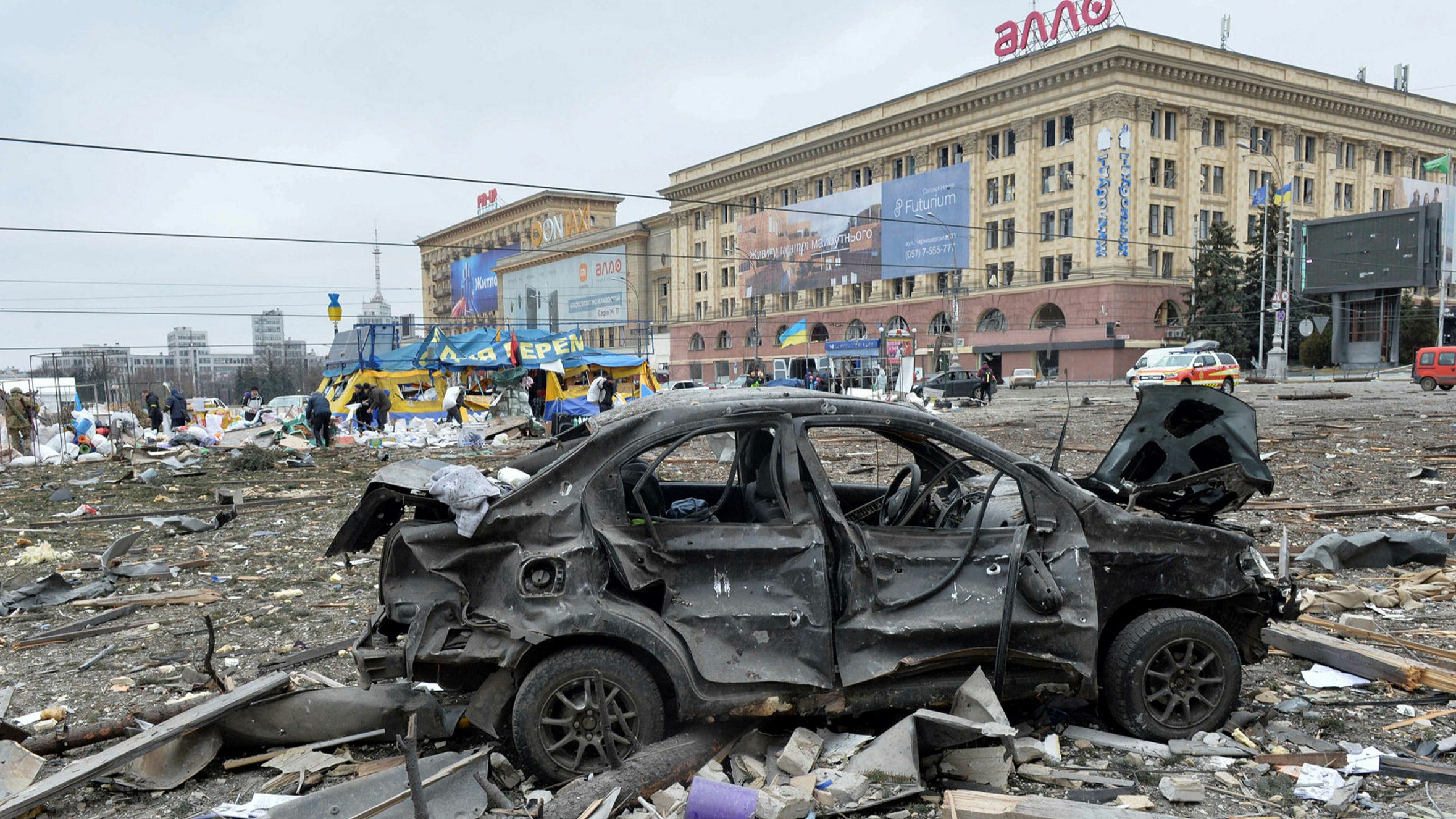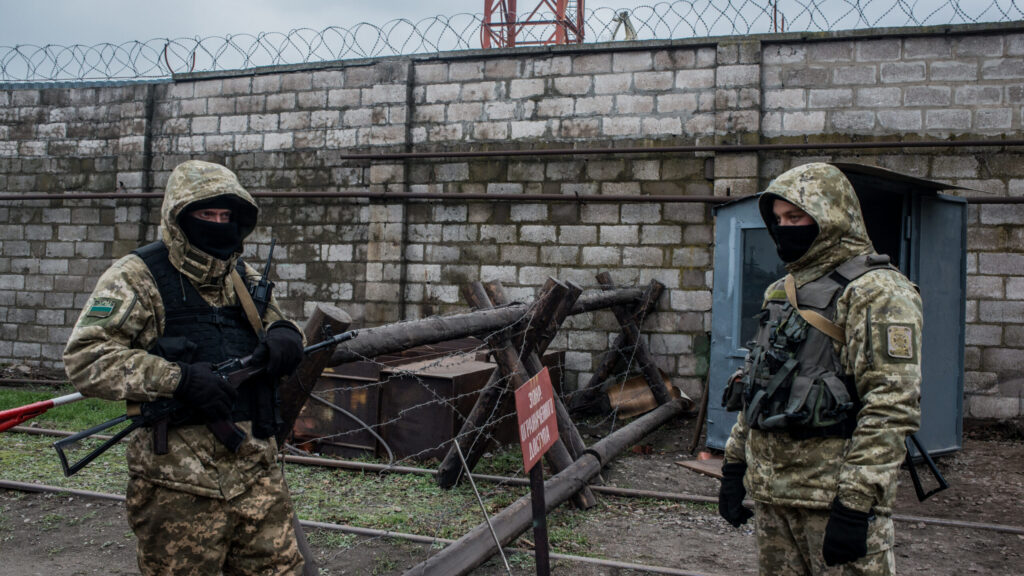
The calls and pressure for prosecuting Russian President Vladimir Putin for his war crimes are rising. Earlier this month, the International Criminal Court (ICC) began investigating the alleged war crimes committed following the invasion.
What is a war crime?

War crimes are acts targeting civilian populations, specific groups of people, or those violating Vienna conventions. They include mutilation, murder, taking hostages, rape, sexual slavery, and any other cruel treatment. The definitions of acts classified as war crimes, genocide, crimes of aggression, and crimes against humanity are very clear. They are a part of the Rome Statute, the foundation of the ICC. Additionally, International humanitarian law is also against the use of weapons causing indiscriminate suffering. This includes the use of chemical or biological weapons and anti-personnel landmines.
The West is condemning Russia’s invasion of Ukraine and imposing verbal aggressive sanctions aimed at compelling the Russian government to withdraw from wreaking more havoc. So far, the issue has led to an unprecedented refugee crisis and thousands of deaths. “ All people who came to our land, all people who gave those orders, all soldiers who were shooting—they are all war criminals,” stated Ukrainian president Zelenskyy. Jens Stoltenberg, the Secretary-General of NATO also believes that Russia was using cluster bombs in Ukraine. Human Rights organizations have condemned Eddie to the risk of harming civilians.
Russia and the ICC

The ICC is based in Hague, Netherlands. It is an independent body operating to prosecute individuals for war crimes, crimes of aggression, genocide, and crimes against humanity. On March 2, ICC started an investigation on the war crimes taking place as a result of the invasion. The investigation was following the requests of 40 member states. However, experts believe that despite the ever-growing list of allegations against Putin, a conviction can be elusive. Additionally based on ICC’s track record so far, if and when a conviction takes place, it could take years. In the last two decades, the court has convicted 10 individuals.
Almost all nations came under ICC’s jurisdiction. Among them, 31 nations, including the US, Ukraine, and Russia have signed the treaty but it is not ratified. However, the court prosecutes individuals and not a nation as a whole hence, it is generally tied to top officials or leaders with the most responsibility. Russia pulled out of ICC in 2016 after the court’s 2016 verdict on the Russian occupation of Crimea. In this instance, investigators will be looking into allegations made in the past and present. If there is enough evidence, the judges will issue arrest warrants for trials. The trial cannot be held in the absence and since Russia is no longer a member, it is unlikely that Putin will show up. While the United Nations Security Council (UNSC) can intervene, Russia’s position as a permanent member can stall the prosecution






